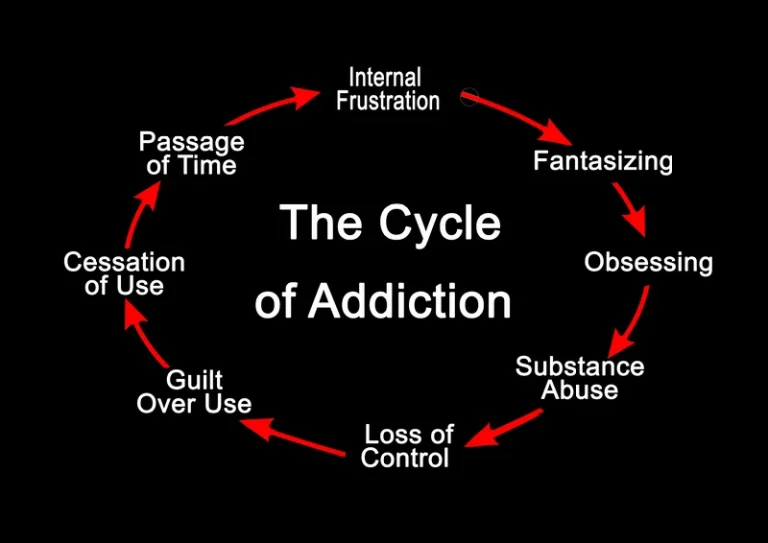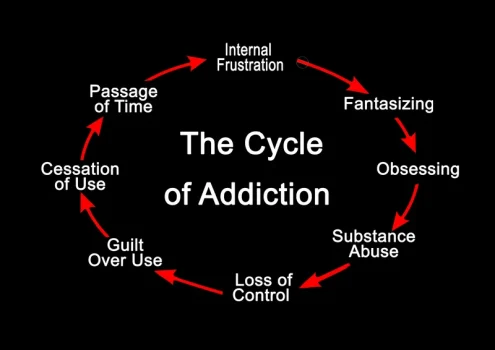
It can amplify emotions and make it more difficult to conceal and manage them. In conclusion, recognizing alcoholism as a disease, rather than a failing, is crucial for promoting understanding, providing effective treatment, and reducing stigma. It highlights the biological and psychological complexities underlying the condition and emphasizes the need for a compassionate societal response. While it is normal to experience a range of emotions towards an alcoholic, support, and encouragement during their recovery journey are vital. The impact of alcoholism extends beyond the individual and can have profound effects on their families, friends, and the community. It can lead to domestic violence, child abuse, and strained relationships.
Anger Management and Alcohol Addiction
- I made a joke that upset him and he started yelling and calling me names.
- Researchers were studying people in the Finnish population, of which more than 100,000 people have the genetic variation.
- If your loved one addresses their troubling relationship with alcohol, that stimulus contributing to their anger will be removed from the equation.
- If you think about it, a crucial part of being aggressive when intoxicated is lacking self-awareness.
Even as minors when people see their parents drink and argue for example, the minor learns this is the way to act when drunk. For instance, you might find yourself in a situation where a minor disagreement escalates into a significant conflict due to your inability to control your anger alcoholism and anger while drinking. This conflict can damage trust and intimacy in your relationships, making it even harder to communicate effectively. As your loved ones begin to distance themselves, you may feel rejected and resort to alcohol as a coping mechanism, thus worsening your emotional state. Understanding the biological and psychological mechanisms that link alcoholism to aggression is crucial for recognizing how these factors can affect your relationships. Alcohol is a depressant that impacts various neurotransmitters in your brain.

Tame Your Rage and Drink Less With Reframe!
Drinking can affect your emotional experience as it can limit your inhibitory emotions. Here are the common emotional experiences you need to explore before visiting your favorite bar. Alcohol’s impact on the frontal lobe, a region responsible for executive functions such as emotional regulation, decision-making, and impulse control, is profound. We can create an environment of emotional well-being and resilience by promoting awareness, exploring healthier coping strategies, and fostering support networks. Anger, a normal emotion, can https://ecosoberhouse.com/article/opioid-addiction-treatment-recovery-is-possible/ be manifested in various behaviors ranging from mild irritation to explosive outbursts. When alcohol enters the equation, its impact on our neurobiology becomes essential to understand.
- These groups will help you healthily express your feelings and provide tools to help you deal with your anger.
- Sometimes, when frustrations and anger exist within a person, they turn to alcohol as a coping mechanism.
- People who are more focused on the present than the future are more likely to become angry and aggressive under the influence of alcohol, for example, Science Daily publishes.
- Alcohol also reduces inhibitions and makes you less afraid of the potential consequences of showing your anger, increasing the likelihood of an outburst.
First: Understanding Anger and Aggression
If one participant performed better than the other, the winner would deliver an electric shock to the loser. A 2015 study published in the Journal of Substance Abuse Treatment explored the connection between anger and alcohol use. Seacrest Recovery Center Cincinnati is a substance abuse treatment center located in Cincinnati, OH. We utilize both traditional and holistic therapies and are comprehensive in our approach.
- For numerous individuals, alcohol serves as a coping mechanism, offering temporary respite from underlying stressors, anxieties, or unresolved traumas.
- From exploring the neurological effects of alcohol as a depressant to unraveling the psychological complexities underlying anger manifestation, we have gained a profound understanding of the underlying mechanisms.
- Third, although women comprised 48% of the sample, low statistical power prevented an assessment of gender as a possible moderator of treatment outcomes.
- Over time, this can wear down relationships or create an environment where family members feel unsafe.
Mental health problems
- Your body and brain are healing, and without the numbing qualities of alcohol, it’s natural for intense emotions to arise, including anger.
- Beyond just the chemical reaction that alcohol has on the brain, there is also the psychological impact as well.
- While anger is a natural and healthy emotion, alcohol can distort perceptions and impair judgment, leading to aggressive behavior that can have severe repercussions for both individuals and society.
- However, it also reduces the activity of glutamate, an excitatory neurotransmitter.
While psychotherapy is the primary approach for co-treatment of alcohol use and anger management, medications like mood stabilizers and those used to treat substance withdrawal may also be part of your treatment plan. It’s common for alcohol and anger to be stereotypically lumped together, but many people labeled “angry” while drinking may actually be experiencing aggression or hostility. Alcohol can provoke different emotional responses for different people. If you have a natural tendency to be angry, drinking alcohol may cause you to become aggressive.

The anger and frustration directed towards an alcoholic may be a result of the harm and pain caused by their actions. However, it is crucial to understand that the disease model of alcoholism provides a framework for effective intervention and treatment. Although alcohol consumption may produce short-term relaxing and soothing effects, it has many adverse effects on human behavior and emotions in the long run.


While verbal outbursts can be distressing, they may not necessarily escalate to physical violence. However, it’s crucial to remain vigilant and attentive to signs of escalating aggression. In assessing the level of risk, it’s essential to differentiate between verbal expressions of anger and potential physical aggression. When alcohol is involved, emotions can run high, and conflicts may escalate rapidly. Thus, assessing the level of risk is paramount to ensure personal safety and promote Alcoholics Anonymous a constructive resolution. This phenomenon highlights the complex interplay between alcohol and emotional regulation, underscoring the importance of mindfulness and self-awareness in alcohol consumption.
Labeling and allowing yourself to feel anger can actually help reduce its initial intensity. Experiencing anger throughout the various challenges of early sobriety is incredibly normal and valid. It doesn’t mean you can’t still make meaningful progress and reach your moderation or sobriety goal. Once you’re able to recognize and accept where your anger is coming from, you can begin to process it in healthy ways.
How to Deal with Anger and Alcohol Addiction

As you drink, alcohol enters your bloodstream and travels throughout your body, where it impacts your organs and all body systems, but the most profound effects from alcohol occur in your brain. This is a key reason why people drive drunk or make other dangerous choices while drinking. Alcohol tends to lower inhibitions and increase impulsivity, but it also impairs the frontal lobe and prefrontal cortex.
Identify What’s Making You Angry
They completed surveys assessing their endorsement of traditional masculine norms, use of thought suppression, and both trait and alcohol-related aggression. It was found that thought suppression mediated the association between the toughness masculine norm and alcohol-related aggression. Another study of 249 heavy drinkers similarly found that alcohol intoxication predicted higher levels of IPV in those who reported low psychological flexibility (Grom et al., 2021). Document incidents, express concern without blame, encourage a professional evaluation, and explore family-support groups such as Al-Anon alongside treatment options like residential rehab. A hallmark of how alcoholics act is turning the conversation around to accuse the other person of nagging or making them drink out of frustration.



Leave a Reply